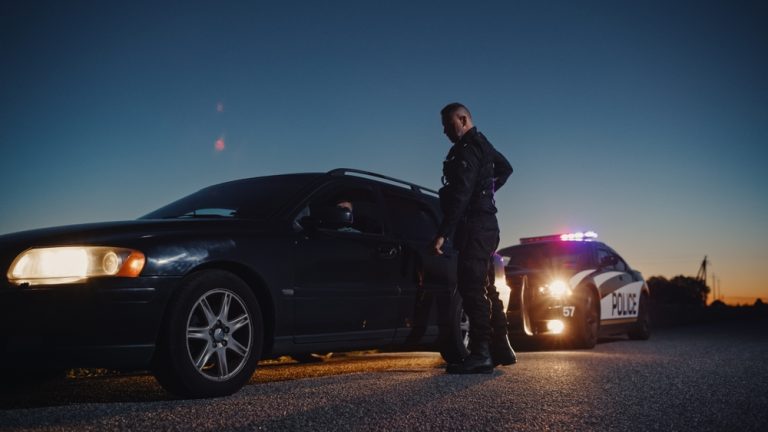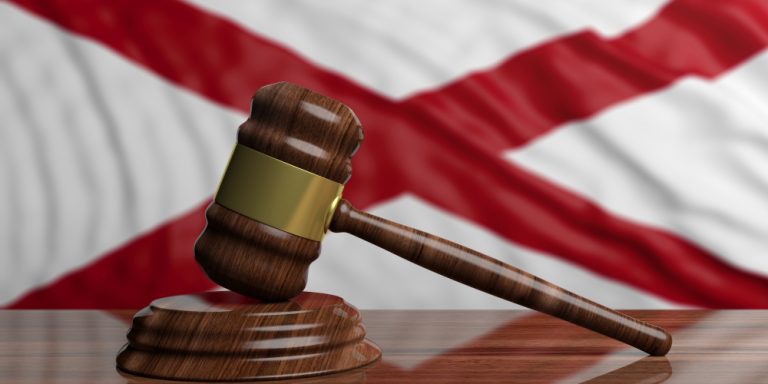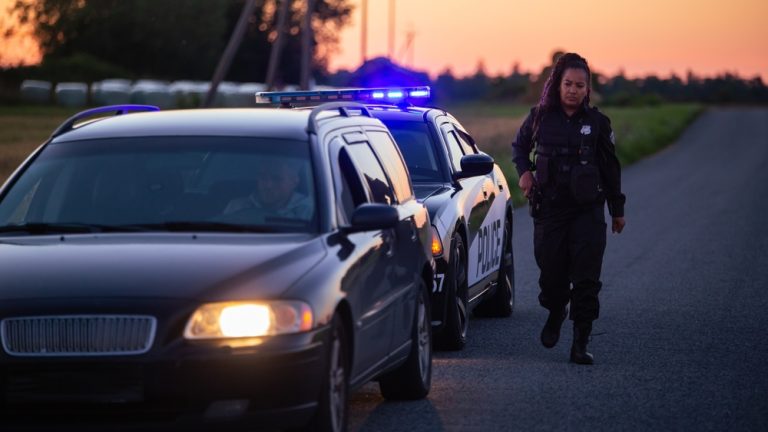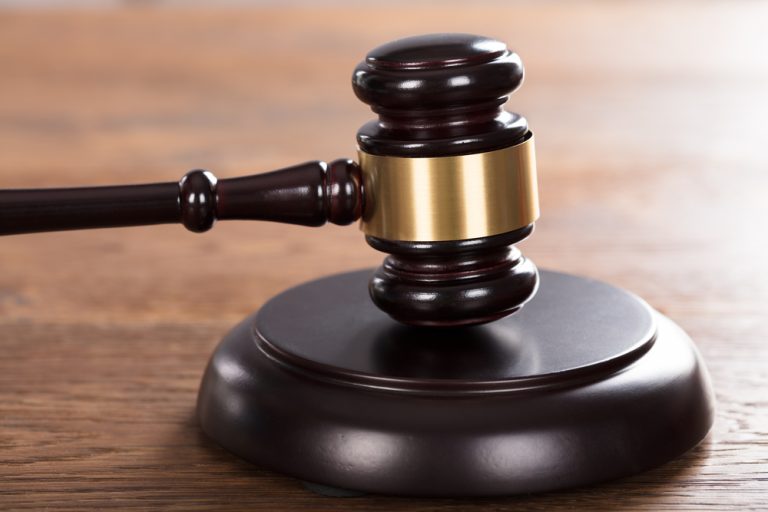Florida Car Accident Lawsuits: How to Apply the Brakes on Plaintiffs
Florida Car Accident Lawsuits: How to Apply the Brakes on Plaintiffs
Looking for the Most Generous County
When a Canadian is sued in Florida, moving the case from the Florida state court system to the U.S. federal court system usually is a good move for the defense. But sometimes, making that move is not possible. For example, federal court is unavailable where the alleged damages are less than $75,000, or where the Plaintiff sued a Florida resident in addition to the Canadian resident.
If the case will remain in the Florida state court system, it is important to confirm your lawsuit was filed in the correct county. A one-sentence statute provides the roadmap for doing just that. Florida Statutes Section 47.122 states “For the convenience of the parties or witnesses or in the interest of justice, any court of record may transfer any civil action to any other court of record in which it might have been brought.”
First, some background. Depending on the facts, a plaintiff might be permitted to file suit in one of several counties. An ambitious plaintiff lawyer will look at the demographics in each county, and file suit in the one with the most liberal-leaning population. The idea is that the more liberal the jury, the more likely the jury is to award high damages. As a result, a lawsuit might be filed in a liberal county where the accident did not even occur.
Although Florida law permits this strategy, that does not make it right. This is where Section 47.122 comes in. It allows a defendant to request a transfer to a different county for any of three reasons: convenience of the witnesses, convenience of the parties or the interests of justice.
Convenience of the Witnesses
“The most important consideration of the three statutory factors in section 47.122 is the convenience of the witnesses.” Drywall, Inc. v. Aequicap Program Administrators, Inc., 953 So. 2d 28, 30 (Fla. 4th DCA 2007). Usually (though not always), the county where the accident occurred is where most of the eyewitnesses reside. If the accident was caught by a surveillance camera at a nearby business or by a traffic light camera, the records custodian for the video likely would be from that same county. Similarly, the county where the accident happened would be where the investigating law enforcement officer and the emergency medical personnel are stationed. These people are not parties, and did not ask to be involved in a lawsuit. Because requiring these individuals to travel to another county for trial likely would inconvenience them, Section 47.122 allows the case to be transferred to where the witnesses reside. See Braun v. Stafford, 529 So. 2d 735 (Fla. 4th DCA 1988) (ruling case should be transferred where the accident occurred in a neighboring county, and the neighboring county was the home of the two passengers in plaintiffs’ vehicle, the responding law enforcement officers, fire rescue personnel and some of the medical providers).
Convenience of the Parties
Here’s a fun exercise: check to see whether the plaintiff filed suit in a county where he does not even live, just in the hope of getting a generous jury. We have seen this happen. See Universal Prop. & Cas. Ins., 157 So. 3d at 384 (“Significantly, [the plaintiff] lives in Brevard, and certainly [transferring the case to] that county would not be inconvenient for him.”). Also, are there multiple defendants who all live in a neighboring county? This could weigh in favor of transfer.
Interests of Justice
Typically, counties with liberal demo-graphics are also more populous with busier courts. The interests of justice are served by “the avoidance of a crowded court docket and the imposition of jury duty on an uninvolved community.” Pep Boys, 62 So. 3d at 1165. See also Westchester Fire Ins. Co. v. Fireman’s Fund Ins. Co., 673 So. 2d 958, 958 (Fla. 3d DCA 1996) (“It is in the interest of justice that a Dade County jury, which is both a scarce and precious resource, should not be burdened with determining a case that has no connection with Dade County.”) (quotation omitted).
The last bit of good news is that Section 47.122 is disjunctive, joining the three factors together with an “or” as opposed to an “and.” For this reason, “[t]he trial court may transfer venue if it finds that any of these factors weight in favor of the alternate forum.” Theobald v. Piper Aircraft, 208 So. 3d 287, 289 (Fla. 3d DCA 2016).
This article was published in Without Prejudice, Official Journal of the Ontario Insurance Adjusters Association, Vol. 85. No. 7. March 2021 and is reprinted with permission.








